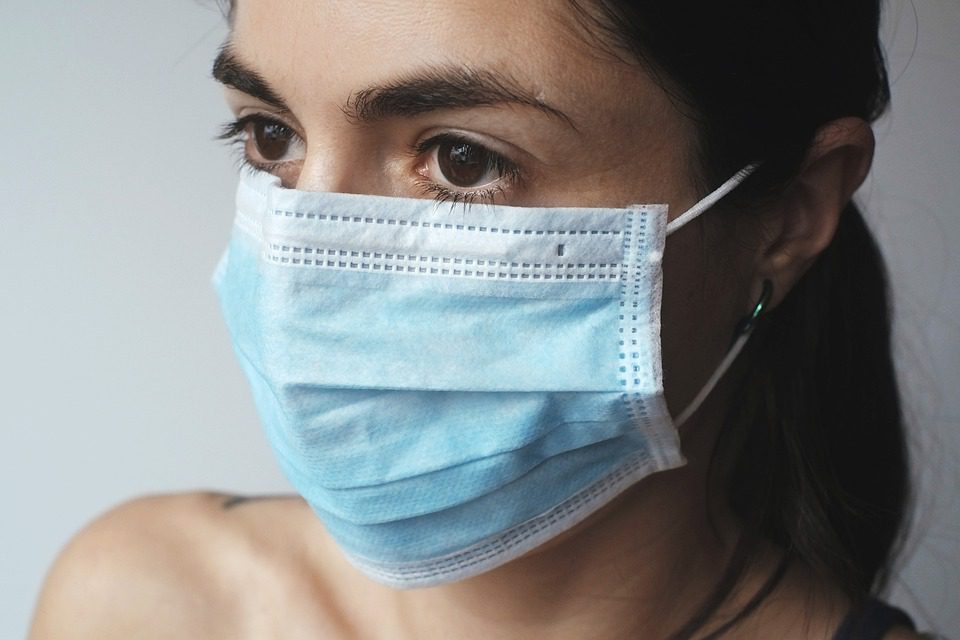A new research adds to the increasing body of data showing there is no link between Covid-19 vaccines and a lower likelihood of having a baby.
Rather, couples in the study had briefly lower chances of reproduction if the male partner had caught the coronavirus within 60 days, according to the study, which provides even more reason to get vaccinated against Covid-19. The illness could affect male fertility for little time, according to the study, which was published Thursday in the American Journal of Epidemiology.
There is no connection between Covid-19 immunization and infertility.
Amelia Wesselink and her colleagues from the Boston University School of Public Health and other institutions across the United States wrote in the analysis:
“These findings indicate that male SARS-CoV-2 infection may be associated with a short-term decline in fertility and that COVID-19 vaccination does not impair fertility in either partner.”
The experimenters stated that this adds to the data from animal studies, human fertility studies, and COVID-19 vaccine trials, none of which indicated a relationship between COVID-19 immunization and decreased fertility. Similarly, multiple studies have shown no significant link between COVID-19 immunization and miscarriage risk.
The Trials Involving 2,126 Women
The research collected data from 2,126 women in the United States and Canada ranging in age from 21 to 45.
The ladies took part in the trial from December 2020 to September 2021, with researchers following up with them until November 2021.
Throughout the research, the women answered online questions about their reproductive and medical histories, among other things, and they were given the option of inviting their male partners to complete surveys as well.
Among those who took part, 73% of the women and 74% of their male partners had received at least one dose of Covid-19 vaccination.
The researchers examined the questionnaire replies and discovered no link between having been immunized against Covid-19 and the chance of having a child within one menstrual cycle.
Nonetheless, the results indicated that, although a prior Covid-19 infection was not substantially related with the chance of conceiving in women, Covid-19 infection in males was associated with a transient drop in the odds of having a baby.
The National Institutes of Health published the study findings in a news release on Thursday, noting that couples in which the male partner tested positive within 60 days were 18 percent less likely to have a baby in that menstrual cycle, but there was no difference in conception rates between couples in which the male partner tested positive more than 60 days before a cycle and couples in which the male partner did not test positive.
More study is required to establish what is causing these results, however fever is known to impair sperm count and is a sign of Covid-19, according to the National Institutes of Health.
Dr. Diana Bianchi, head of the National Institutes of Health’s Eunice Kennedy Shriver National Institute of Child Health and Human Development, which supported the study:
“The findings provide reassurance that vaccination for couples seeking pregnancy does not appear to impair fertility”
She added it also supply information to doctors who advise people who are trying to conceive.











Leave a Reply